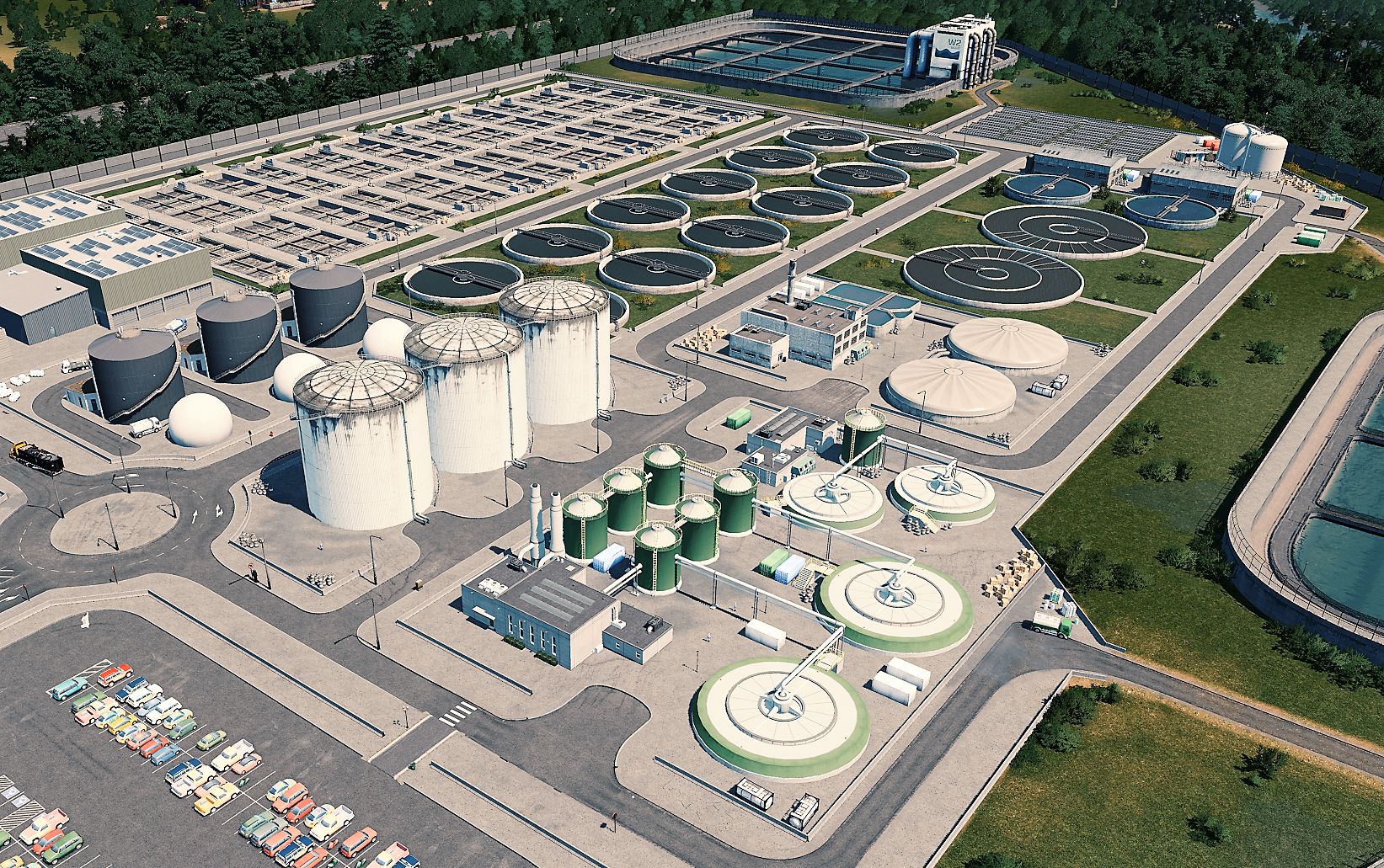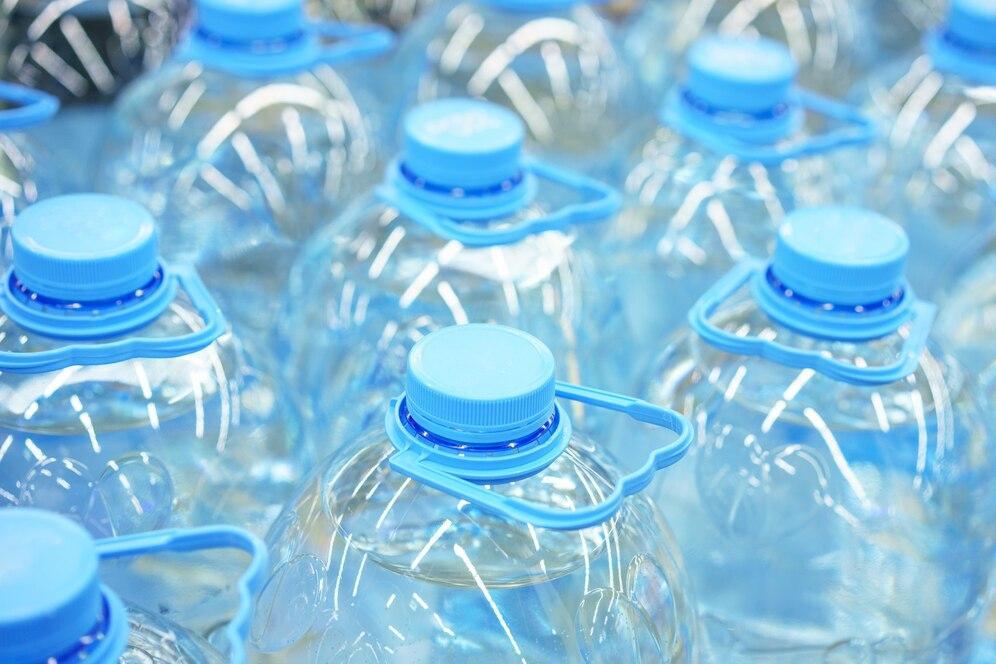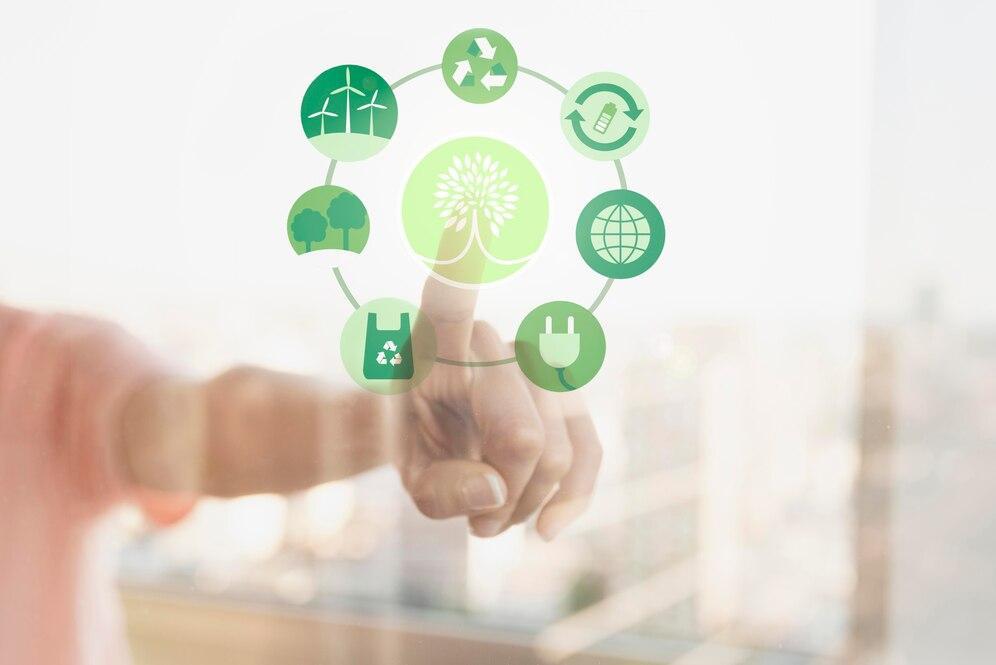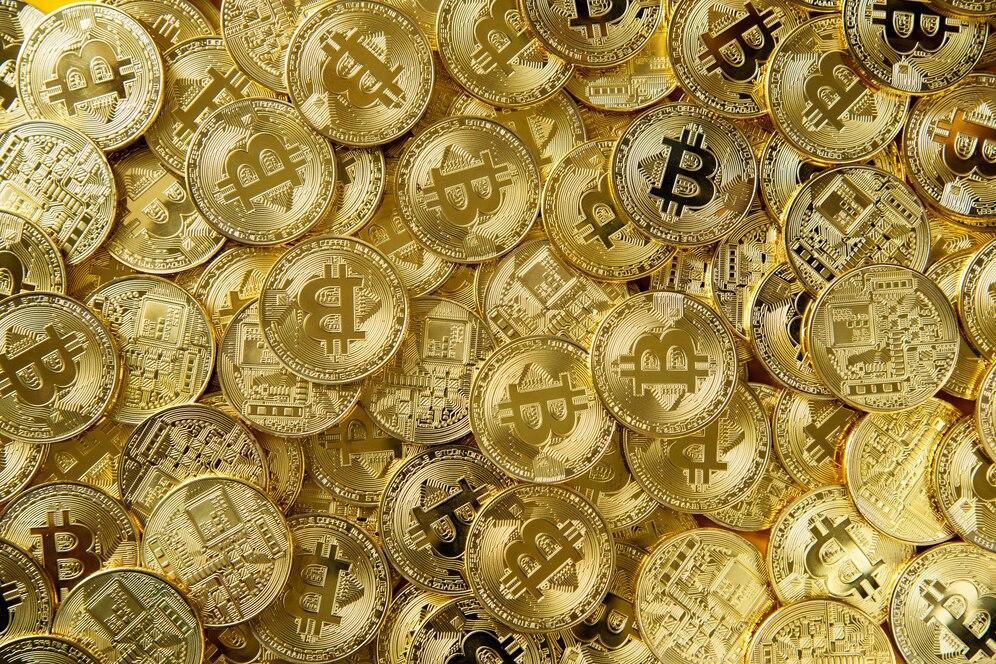Bitcoin is undoubtedly one of the fastest-growing cryptocurrencies on the planet, but what many people don’t realize is that it actually takes resources, such as water, to mine the electronic money.
Bitcoin is undoubtedly one of the fastest-growing cryptocurrencies on the planet, but what many people don’t realize is that it actually takes resources, such as water, to mine the electronic money.
How Mining Bitcoin Works

Before attempting to understand the immense increase in Bitcoin’s water footprint, it’s first important to learn how Bitcoin mining actually works and why it requires water at all.
Essentially, cryptocurrency mining is done via hundreds of computers that are constantly running and solving complicated equations to “unblock” new Bitcoins. But in order to function, the computers need to be cooled by air-conditioning systems powered by water.
Mining Plants Have Always Used a Great Deal of Water

Since cryptocurrencies started in 2009, the computer systems used to mine the coins have always used a significant amount of water; however, in 2023, more mining is being conducted than ever before, which means much more water is needed.
The doctoral candidate who conducted the most recent study, Alex de Vries, noted that in 2023, Bitcoin will use 591 billion gallons of water, which means the total footprint is up from 278% from just three years ago.
How De Vries Calculated Water Usage

In his study, De Vries estimated direct and indirect water usage. For the indirect usage, he used Cambridge data, which explained large-scale Bitcoin mining in the US.
Side by side with the water and electric generation of each grid, he deduced how much water was being used.
How Much Water is 591 Billion Gallons?

De Vries explained just how much water 591 billion gallons is: “The total water footprint of US Bitcoin miners could be equivalent to the average annual water consumption of around 300,000 US households, comparable with a city such as Washington, DC.”
And apparently, those numbers only represent 44% of the worldwide Bitcoin mining water usage.
The UN Study Didn’t Show Quite the Same Numbers

Interestingly, the UN completed a study in October that used different data, and they got a very different number than De Vries.
The UN reported that mining only generated a 255 billion-gallon footprint. However, it’s important to note that the number is for 2021, during which time De Vries said Bitcoin mining used 415 billion gallons.
Water Shortages in the USA Are Imminent

The truth is that even if the lower numbers are correct, and it’s taking less water to mine than De Vries reported, 255 billion gallons is still a lot of water.
And the fact that Bitcoin mining is using an exceptional amount of water is especially concerning as scientists believe that the planet is running out of water, and quickly.
The World’s Water Shortage

According to The World Counts, the Earth will run out of fresh water in about 16 years “unless water use is drastically reduced.”
The organization and its experts report that “The reasons for the huge pressure on Earth’s water resources include an increasing demand for energy due to an expanding global population and economic developments. The generation of electricity is one of the biggest sources of water consumption in the world.”
The USA Could Be One of the First Countries to Run Dry

Several studies, including one by National Geographic, report that the USA could experience completely diminished freshwater supplies in less than 50 years.
Even with the vast amount of water resources available throughout the country, if something doesn’t change, “freshwater basins that channel rain and snow into the rivers from which we draw the water we rely on for everything from drinking and cooking to washing and cleaning, nearly half may be unable to meet consumers’ monthly demands by 2071.”
The Rest of the World Is Going Green, Why Shouldn’t Crypto?

Climate change is on everyone’s mind these days; individuals, companies, and countries around the world are doing their part to minimize fossil fuel usage, cut down on carbon emissions, and generally protect our planet from dying beneath our feet.
And when most people hear of the incredible amount of water Bitcoin mining uses, they immediately think: If everyone else is going green, why hasn’t Bitcoin?
Bitcoin Mining Needs a New Energy Source

De Vries mentioned in his study that he believes Bitcoin miners absolutely need to find a sustainable energy source to use instead of water.
Whether that’s windmills, solar panels, or a new technology that can cool down the computers while using a significantly less amount of water, they need to invest in renewable energy as soon as possible.
Bitcoin Needs to Change Its Practices, Now

The bottom line is that Bitcoin mining is using more water than ever. As the electronic currency continues to grow in popularity, more and more mining will be conducted over the coming years.
So if crypto mining factories cannot figure out a more sustainable way to mine and soon, not only will they run out of water to use to collect coins, they will also contribute directly to a global water shortage and climate change as a whole.
